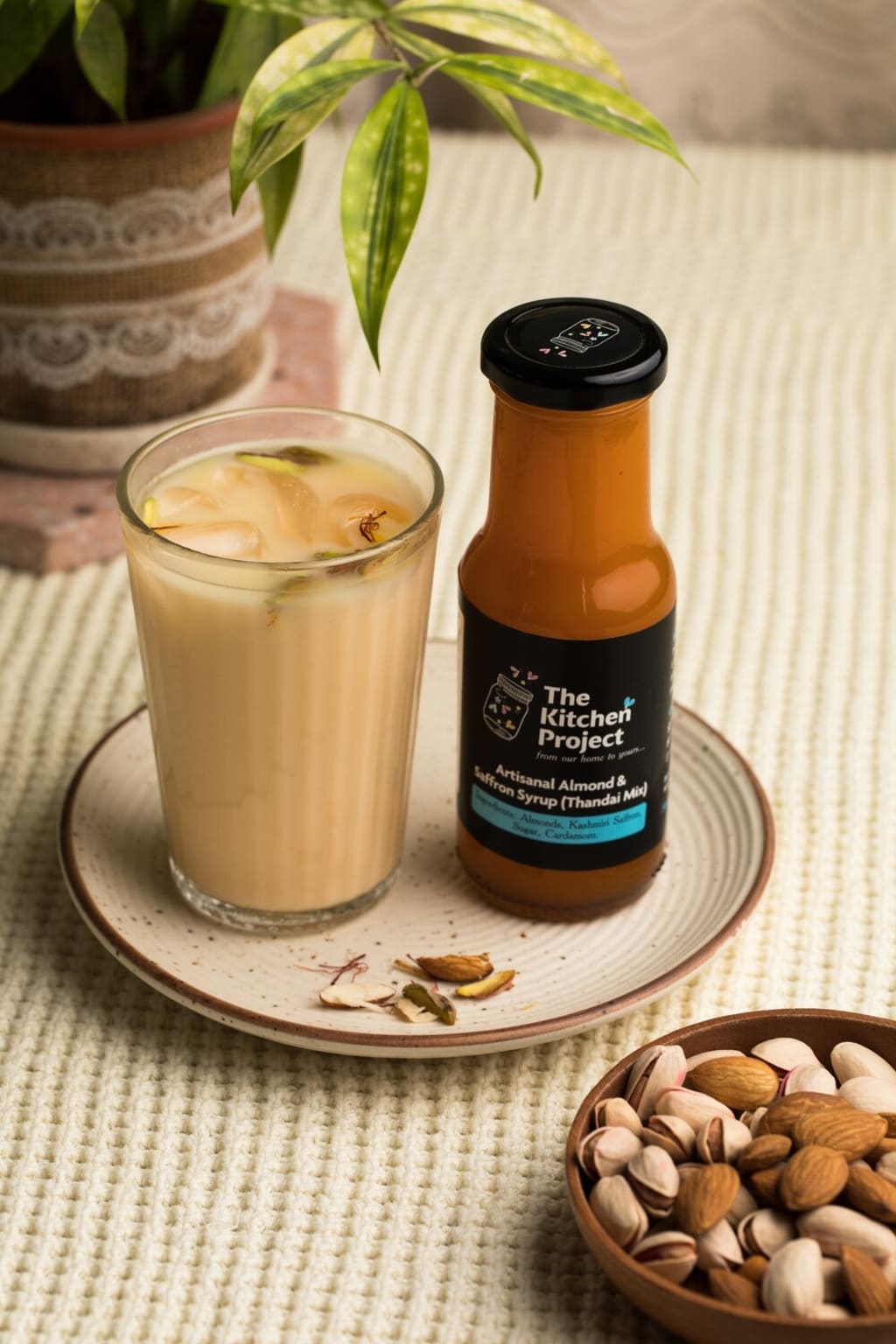
Traditionally used as a spice in various cuisines, saffron is now making waves in the market as a key ingredient in the production of saffron syrup. This article will delve into the growing demand for saffron syrup in the saffron market, exploring its benefits, uses, and potential for growth.
What is saffron and why is it in high demand?
Saffron is a spice derived from the flower of Crocus sativus, commonly known as the saffron crocus. Each flower produces three stigmas, which are carefully handpicked and dried to create saffron threads. Known for its distinct aroma, rich flavor, and intense color, saffron is a highly sought-after spice in culinary traditions around the world.
The popularity of saffron can be attributed to its unique characteristics and numerous health benefits. Saffron is rich in antioxidants, which help protect the body against oxidative stress and inflammation. It is also known for its antidepressant properties, as it boosts the production of serotonin, a neurotransmitter that regulates mood. Additionally, saffron has been used in traditional medicine for its anti-inflammatory, digestive, and aphrodisiac properties.

Exploring the saffron market and its potential
The saffron market has witnessed significant growth in recent years, and the demand for saffron products, including saffron syrup, continues to rise. This can be attributed to several factors. Firstly, saffron is a highly valued spice in many cultures and cuisines, making it a staple ingredient in a wide range of dishes. Secondly, the increasing awareness of saffron's health benefits has led to a surge in its consumption.
Moreover, saffron syrup offers a convenient and versatile way to incorporate saffron into various recipes. From desserts and beverages to sauces and dressings, saffron syrup adds a unique and delightful flavor profile. Its vibrant color also adds an aesthetic appeal to culinary creations. With the growing interest in gourmet cooking and the desire for exotic flavors, saffron syrup has become a popular choice among chefs, home cooks, and food enthusiasts alike.

The benefits and uses of saffron syrup
Saffron syrup offers a multitude of benefits and can be used in various ways. Firstly, it serves as a natural sweetener and flavor enhancer. The distinct taste of saffron syrup adds a touch of luxury and sophistication to a wide range of dishes. Whether drizzled over desserts, mixed into cocktails, or used as a glaze for meats, saffron syrup brings a unique flavor profile that elevates the overall culinary experience.
Additionally, saffron syrup is known for its vibrant color. This makes it an excellent choice for garnishing and decorating dishes, adding an eye-catching element to any presentation. The rich golden hue of saffron syrup is particularly appealing in desserts, where it can be used to create beautiful patterns and designs.
Furthermore, saffron syrup is valued for its potential health benefits. As mentioned earlier, saffron is rich in antioxidants, which help protect the body against free radicals and promote overall well-being. Consuming saffron syrup can support a healthy immune system, improve digestion, and even enhance mood and cognitive function.

The process of making saffron syrup
The process of making saffron syrup involves extracting the flavor, color, and aroma of saffron threads and combining them with a sweetening agent. To begin, a small amount of saffron threads is steeped in hot water or milk to release their aromatic compounds. The liquid is then strained to remove the saffron threads, leaving behind a vibrant infusion.
Next, a sweetening agent such as sugar, honey, or agave syrup is added to the saffron infusion. The mixture is heated gently until the sweetener dissolves completely, resulting in a smooth and flavorful syrup. The saffron syrup can be stored in a glass bottle or jar and refrigerated for future use.
The process of making saffron syrup requires precision and attention to detail to ensure the perfect balance of flavors. The quality of saffron used and the ratio of saffron to liquid can greatly impact the final result. Therefore, it is important to source high-quality saffron threads and follow a reliable recipe to achieve the desired flavor and color.





Comments
There are no comments for this story
Be the first to respond and start the conversation.